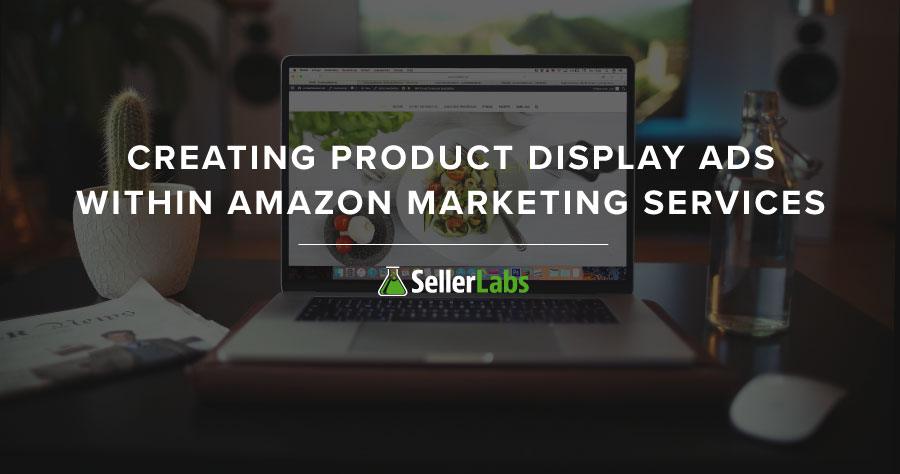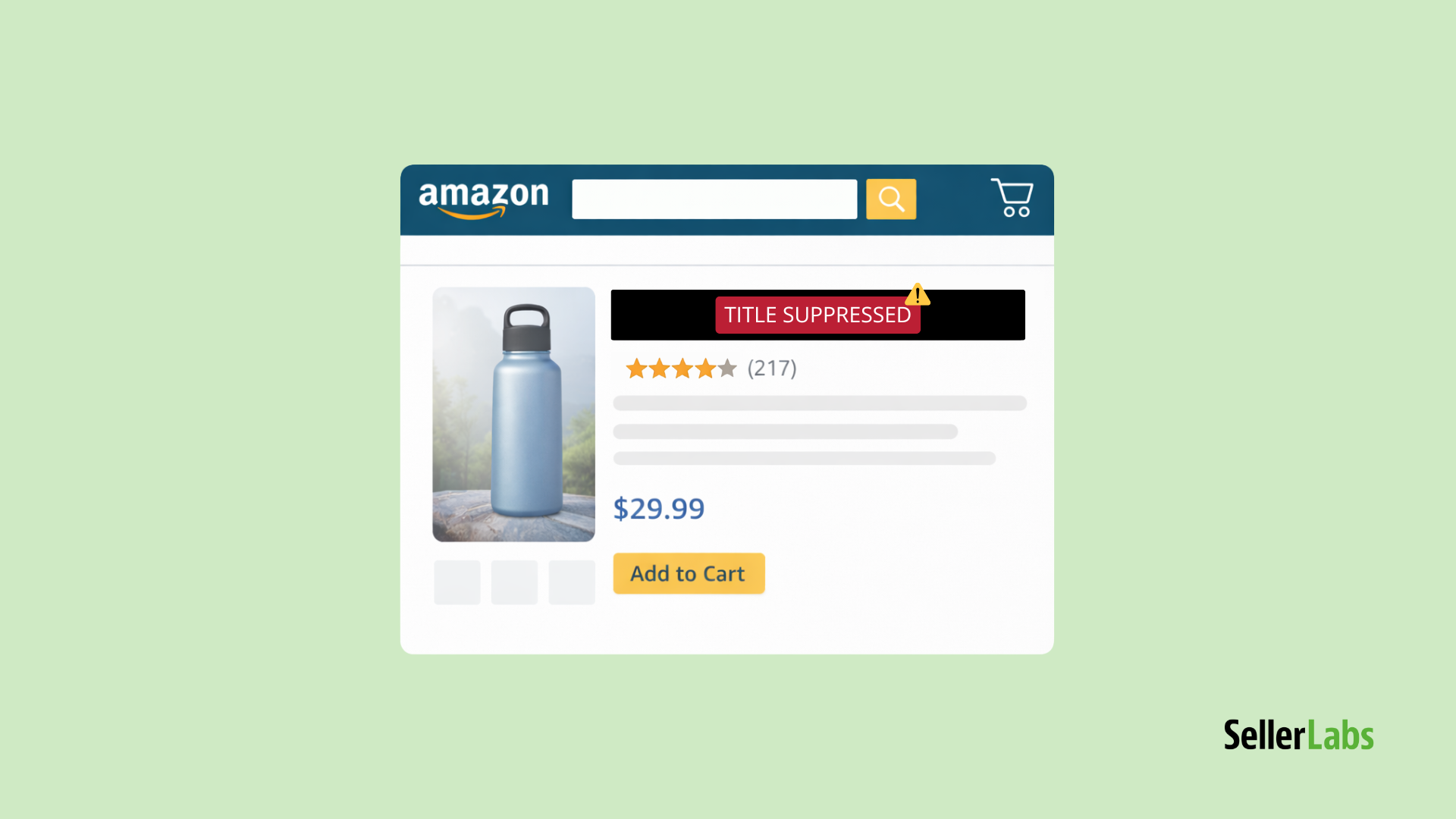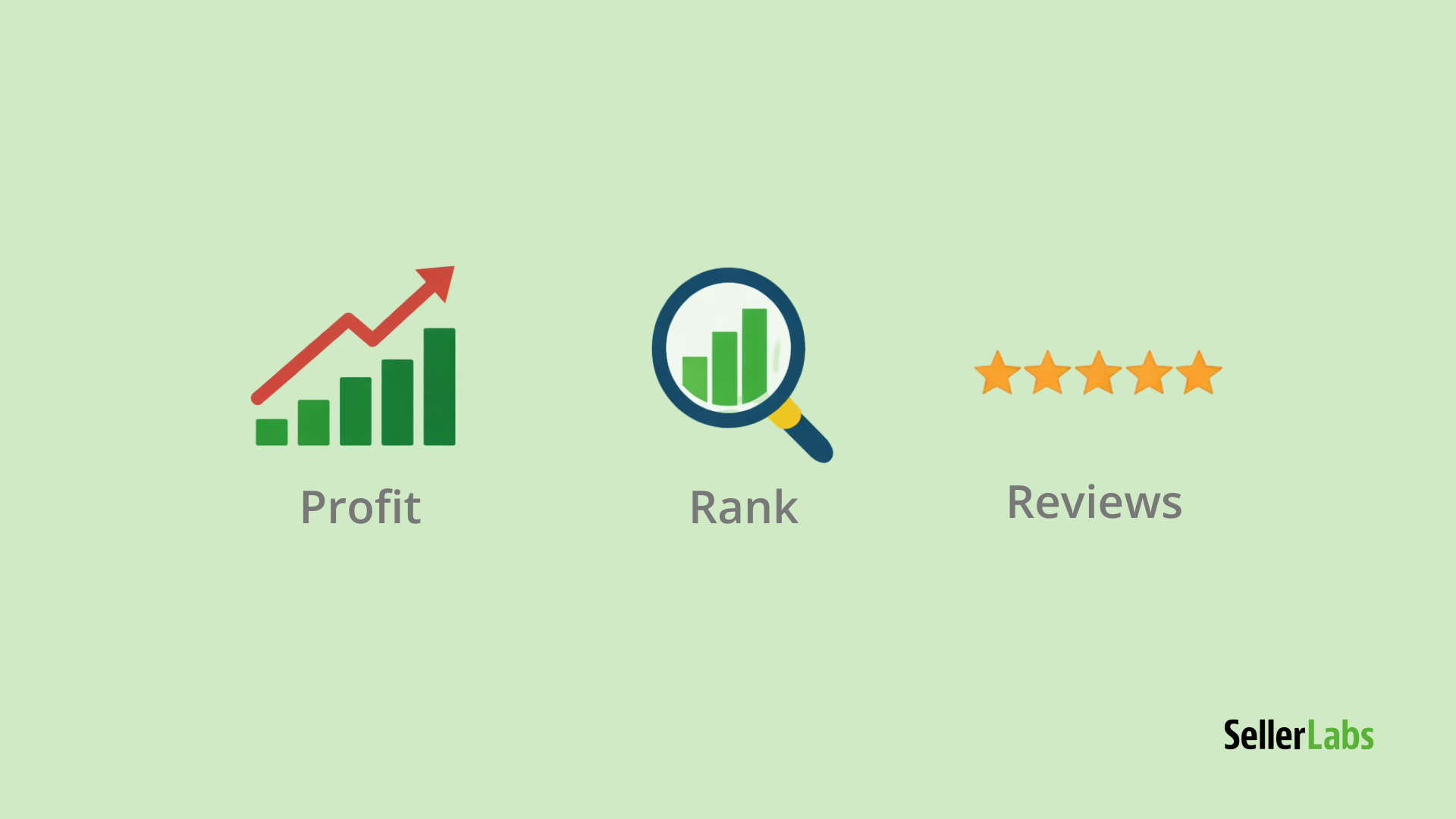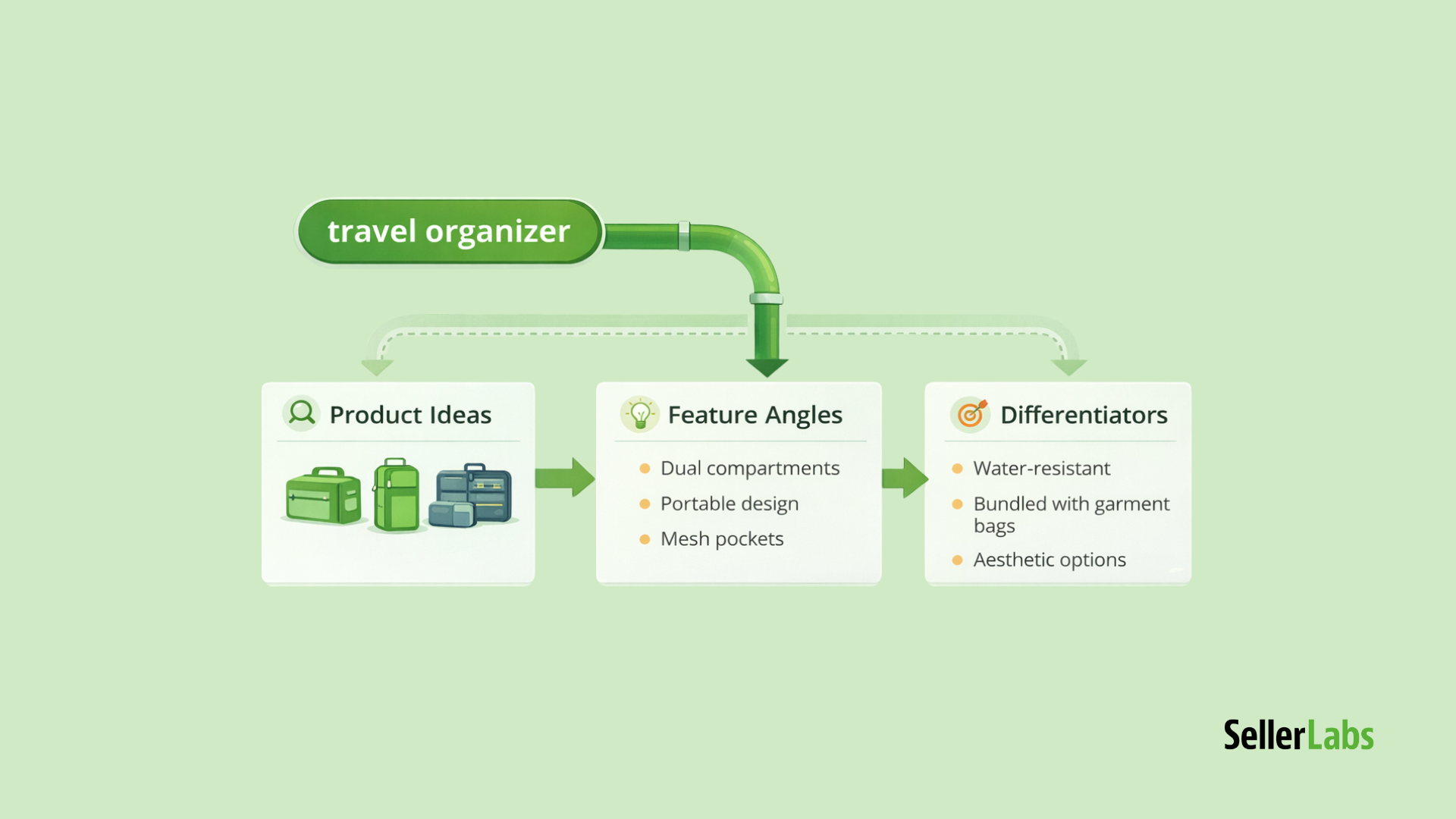Product Display ads within Amazon Marketing Services (AMS) has given sellers an alternative method to advertise their products. AMS gives sellers a better way to highlight their brand, instead of just their product. In this post we’ll be talking about Product Display ads and how they compare to regular Sponsored Products ads. Let’s get started.
What Is Amazon Marketing Services?
Amazon Marketing Services (AMS) is Amazon’s product promotion service that enables merchants and vendors to create targeted advertisements for their products. The services offered by AMS are:
- Amazon Pages
- Product Display Ads
- Headline Search Ads
- Sponsored Products Ads
How to Sign Up for AMS
Only approved Amazon accounts are eligible for AMS. You need one of these five credentials to gain access:
- A Vendor Central login
- An Advantage Central login
- A Vendor Express login
- You can request an invitation to represent a vendor
- A Kindle Direct Publishing (KDP) account
Tip: Vendor Express will typically be the easiest and most direct method of accessing AMS for most Amazon Merchants.
Anatomy of Product Display Ads
Upon clicking the Product Display option in the ad type menu, you will be confronted with two targeting methods: Product or Interest.
Interest Targeting
- This option lets you target ads based on shopping behavior in order to reach a broader audience.
- Target Specific Products: Select ASINs and related products where you want your ad to appear. This is useful if you want your product to appear on your competitors’ detail pages. You can add individual ASINs, UPCs or keywords. You can add hundreds of products to your targeting list here.
- Campaign settings: In this section, you will name your campaign, set a CPC bid, daily or campaign budget, and the duration. Unlike Headline Search ads, you won’t be bidding on specific keywords. Remember, you’re focusing on specific products or interests.
- You can create your ad with a custom headline, brand name and brand logo.
- Save your draft or submit it for review when you’re satisfied.
Product Targeting
- This option lets you select which detail pages your ad will be displayed on.
- Target Interests: With this option, you can target your ad to appear in specific shopper interests (i.e. categories).
- Once you’ve selected your main interests, the CPC budget and ad design options follow the same workflow as the Interest Targeting option.
How Ads Are Displayed on Amazon
Product Displayed ads are shown on an Amazon detail page on the right-hand rail below the buy box and shipping information, above “frequently bought together” section. The ads look slightly similar to a Sponsored Products ad but they highlight the brand more than the individual product. These ads can be displayed in 11 different sizes and/or styles, ranging from: 245×250, 402×250, 650×130, 300×250, 728×90, 160×600, 980×55, 270×150, Mobile (tablet), Mobile, and Email.
You can direct a Product Display ad to your product detail page or to a video—if you are afforded the capability—to show how the product works. This is a great use case for these types of ads because you can focus your ads on your brand, or around features of your product.

Once Your Ad Is Live
When your ad has been live for a day or so you’ll start collecting data on its performance. The data you collect is similar to what you’d see in Sponsored Products. Here’s the information available:
- Impressions
- Clicks
- Click-Through Rate
- Detail Page Views
- Total Spend
- Average Cost per Click
- Units Sold
- Total Sales
- Advertising Cost of Sales
You can download a CSV file of a report for each ad you’re running based on a start and end date. Reports are updated every five hours.
Product Display Ads vs. Sponsored Products Ads
We ran a Product Display ad and a Sponsored Products ad for a barbell collar to compare how each ad performs. Both ads ran for 10 days and each had a default bid of $2. Our results after the 10 days were polarizing.
| Left column title | Right column title | |
|---|---|---|
| Time | 10 days | 10 days |
| Ad group ASINs | 3 | 4 |
| Impressions | 5,408 | 70,046 |
| Clicks | 6 | 50 |
| Default bid | $2 | $2 |
| Ad Spend | $8.76 | $112 |
| Avg. CPC | $1.46 | $2.24 |
| Units Sold | 0 | 42 |
| Total Sales | $0 | $647.82 |
| ACoS | 0% | 17.28% |
It doesn’t take long to notice that our Product Display ad did poorly. We didn’t get a single sale. Whereas the Sponsored Products ads sold 42 barbell collars. We turned $112 into $647.82 with a respectable ACoS of 17.28%.
Not only did the Sponsored Products ads sell more—they received 8x the impressions! This means more eyeballs on the product. The results are pretty conclusive that Sponsored Products ads are still a great value if you have the money to invest.
Our Takeaway
If you’re new to advertising on Amazon then Sponsored Products is the best place to begin. But don’t let our experiment prevent you from running Product Display ads. We recommend that you understand and have some success with Sponsored Products ads before venturing into Amazon Marketing Services.
We still highly recommend running Headline Search ads within Amazon Marketing Services. We had tremendous success with our Headline Search ads where we spent $5,000 and made more than $15,000 in sales over five months.
Remember, an effective advertising strategy needs to be centered around the long game. You want to give yourself time to test bids and ad types with Product Display ads. Through optimization, you can develop profitable and effective advertising campaigns.





